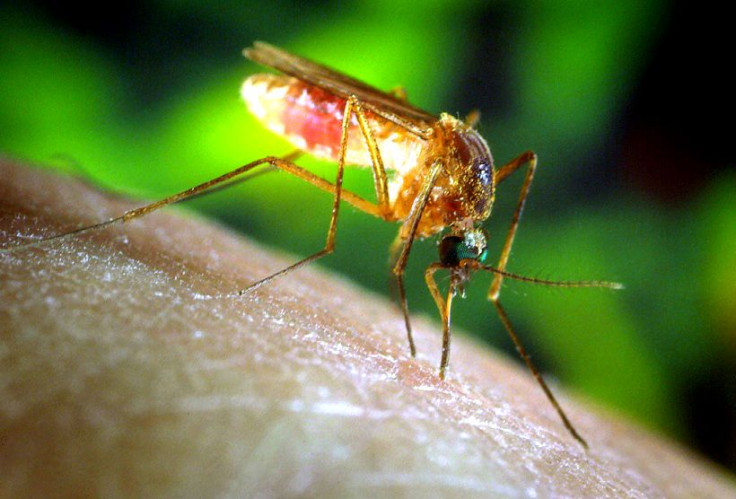Womb Exposure To DDT Linked To Hypertension Later In Life: Are You In The Risk Group?

DDT was a pesticide that was used all across the United States beginning in the 1940s and ending in 1972 with a ban. Scientific evidence had shown that DDT could act as a carcinogen, harm the liver and the nervous system and the reproductive system. The chemical also almost wiped out the entire bird population of the continent, as written about in Silent Spring. Children went out to play in the smoke of the chemical as it was trucked through neighborhoods, as seen in the video below.
According to a new study of women whose mothers were exposed to the chemical during its 30 plus years of usage are at higher risk of hypertension, or high blood pressure. This serious medical condition can lead to stroke, myocardial infarction (heart attacks), heart failure, aneurysms of the arteries, peripheral arterial disease and is a cause of chronic kidney disease.
Previous lines of study have shown that people who had high levels of DDT in their systems were more likely to develop hypertension. This new report, out of UC Davis, is the first to indicate that fetal exposure to DDT could cause problems later on in life.
The research is part of a large study called Child Health and Development Studies and looked at 15,000 women from the San Francisco Bay Area who gave blood samples between 1959 and 1967 during their pregnancies. The study aims to analyze inter-generational contact with chemicals in the environment and what the effects are years after exposure.
This present arm of the study surveyed 567 daughters of women who were in the original study about their health. Researchers said that a future study would access the prevalence of hypertension in men in the same category, having been exposed to DDT in the womb.
The women in the study were in their 30s and 40s and 110 had said that they suffered from hypertension and 70 of these women were currently on medication for the condition. Researchers found a correlation between the mother's high serum level of DDT and the prevalence of hypertension in daughters.
DDT remains in the environment because it degrades at a very slow rate. It can work its way up the food chain and can still enter the food chain. The chemical is currently being used, and is not banned, in developing countries because it is effective in killing mosquitoes that spread malaria.
The report published in the journal Environmental Health Perspectives can be found here.
Published by Medicaldaily.com



























